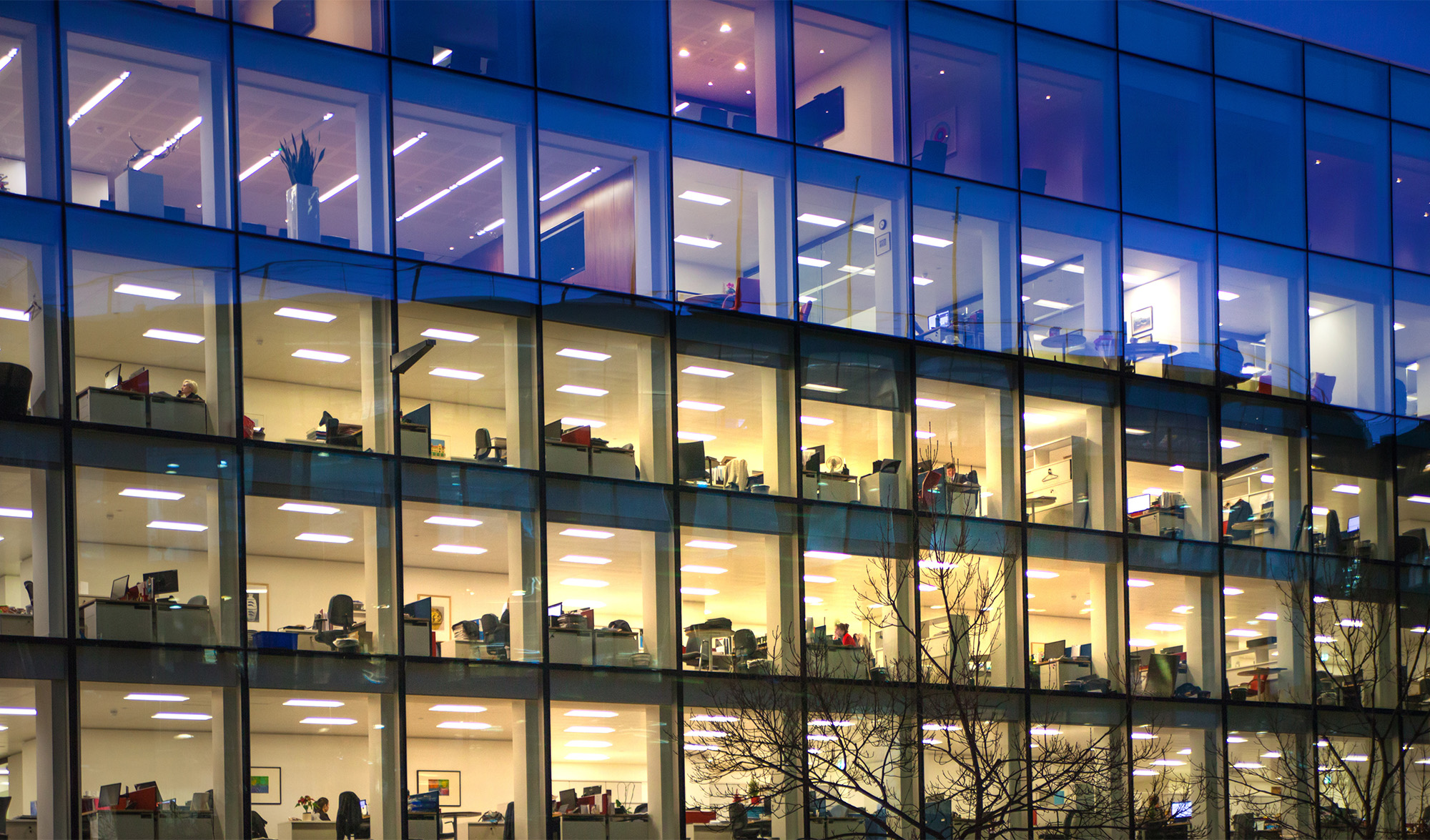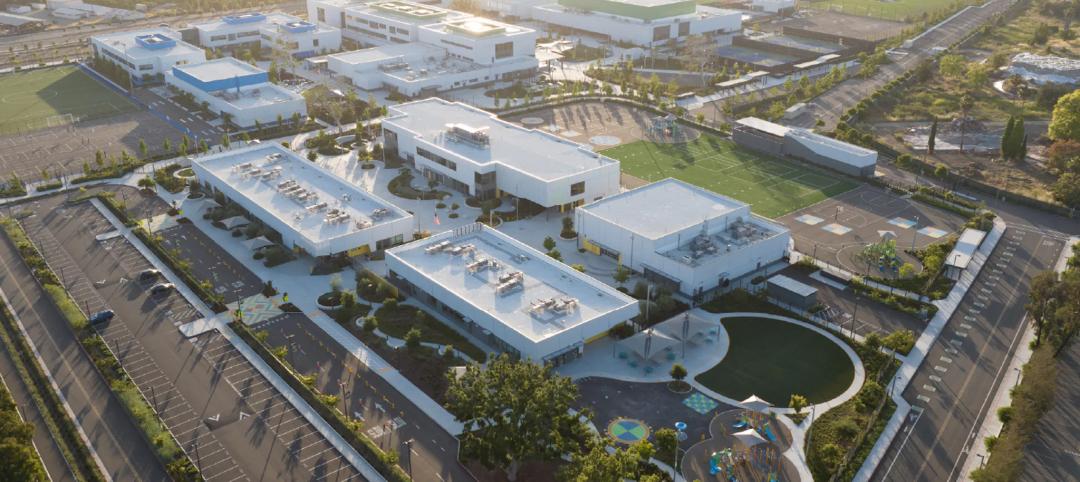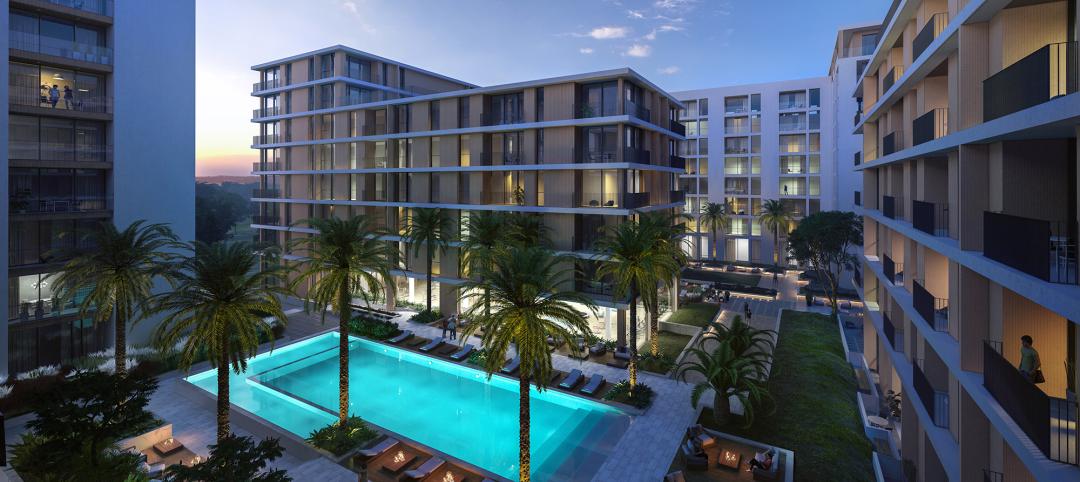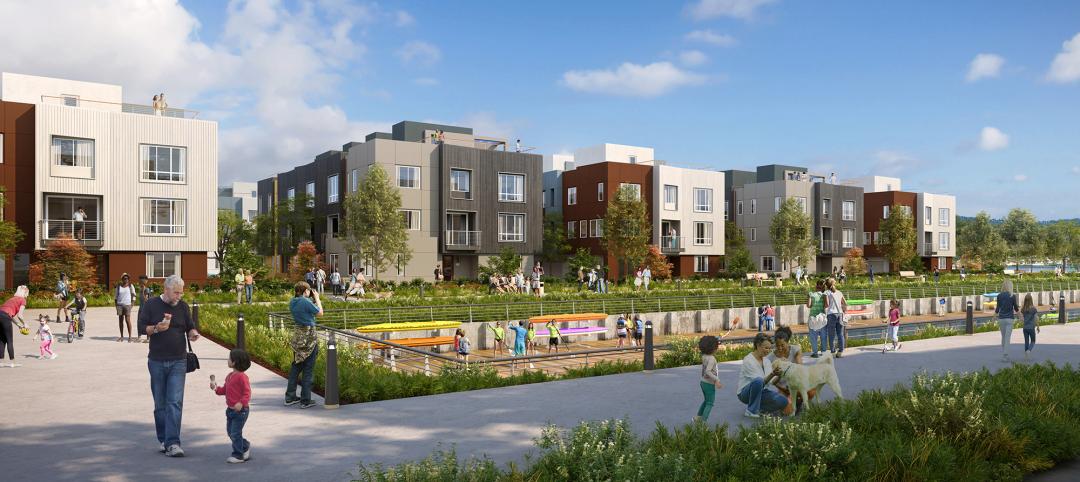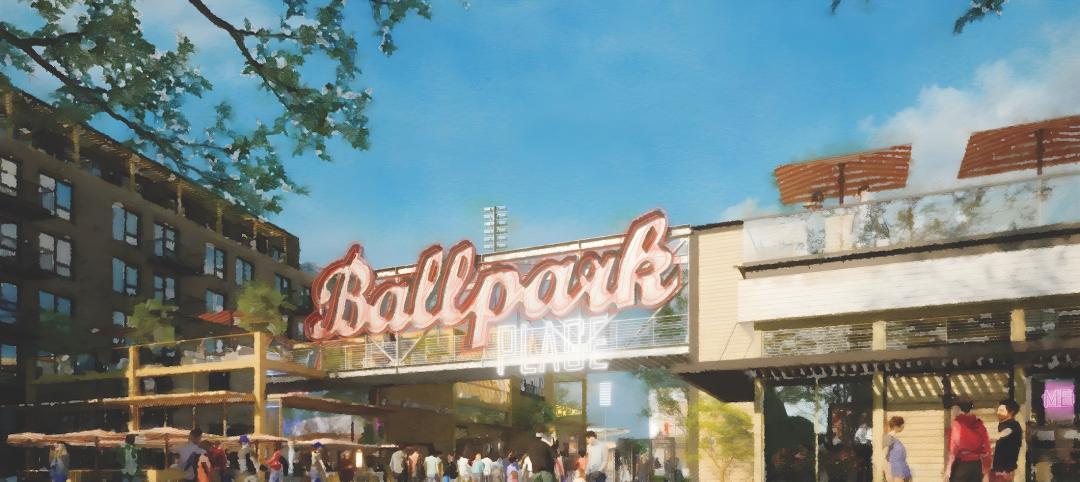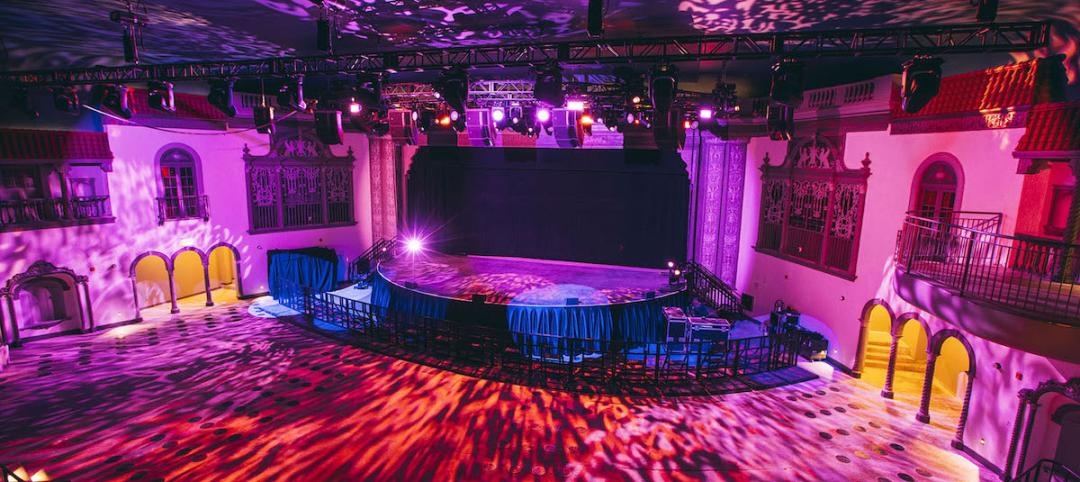This year, a record-breaking number of office-to-residential conversions are scheduled for redevelopment. The latest RentCafe annual Adaptive Reuse report shows that there are 55,300 units in the pipeline as of 2024—four times as much compared to 2021.
Office building conversions represent 38% of the 147,000 residential adaptive reuse projects. This makes up the largest share with hotel-to-res following at 24 percent, factory conversions at 13 percent, and healthcare buildings at 6 percent.
The office buildings being picked for conversion are, on average, 72 years old (20 years younger than many of the ones previously converted). This suggests a preference for newer buildings that require less refurbishment and investment to meet modern standards.
Where are the most office-to-res conversions taking place? According to the report, Washington, D.C., is the leading metropolitan area with 5,820 units slated for conversion starting this year. New York, N.Y., follows closely behind at 5,215 units, and Dallas, Texas, takes third place with 3,163 units.
The top 10 metros for office-to-res conversions in 2024
1. Washington, D.C.
5,820 units under conversion for office-to-residential (year-over-year increase of 88%).
2. New York, N.Y.
5,215 units under conversion for office-to-residential (year-over-year increase of 18%).
3. Dallas, Texas
3,163 units under conversion for office-to-residential (year-over-year increase of 58%).
4. Chicago, Ill.
2,822 units under conversion for office-to-residential (year-over-year increase of -9%).
5. Los Angeles, Calif.
2,442 units under conversion for office-to-residential (year-over-year increase of 6%).
6. Cleveland, Ohio
2,012 units under conversion for office-to-residential (year-over-year increase of -10%).
7. Cincinnati, Ohio
1,563 units under conversion for office-to-residential (year-over-year increase of -6%).
8. Kansas City, Mo.
1,510 units under conversion for office-to-residential (year-over-year increase of 84%).
9. Atlanta, Ga.
1,422 units under conversion for office-to-residential (year-over-year increase of 40%).
10. Phoenix, Ariz.
1,377 units under conversion for office-to-residential (year-over-year increase of 114%).
Related Stories
K-12 Schools | May 13, 2024
S.M.A.R.T. campus combines 3 schools on one site
From the start of the design process for Santa Clara Unified School District’s new preK-12 campus, discussions moved beyond brick-and-mortar to focus on envisioning the future of education in Silicon Valley.
Adaptive Reuse | May 9, 2024
Hotels now account for over one-third of adaptive reuse projects
For the first time ever, hotel to apartment conversion projects have overtaken office-to-residential conversions.
MFPRO+ Special Reports | May 6, 2024
Top 10 trends in affordable housing
Among affordable housing developers today, there’s one commonality tying projects together: uncertainty. AEC firms share their latest insights and philosophies on the future of affordable housing in BD+C's 2023 Multifamily Annual Report.
Retail Centers | May 3, 2024
Outside Las Vegas, two unused office buildings will be turned into an open-air retail development
In Henderson, Nev., a city roughly 15 miles southeast of Las Vegas, 100,000 sf of unused office space will be turned into an open-air retail development called The Cliff. The $30 million adaptive reuse development will convert the site’s two office buildings into a destination for retail stores, chef-driven restaurants, and community entertainment.
Adaptive Reuse | Apr 29, 2024
6 characteristics of a successful adaptive reuse conversion
In the continuous battle against housing shortages and the surplus of vacant buildings, developers are turning their attention to the viability of adaptive reuse for their properties.
Mixed-Use | Apr 13, 2024
Former industrial marina gets adaptive reuse treatment
At its core, adaptive reuse is an active reimagining of the built environment in ways that serve the communities who use it. Successful adaptive reuse uncovers the latent potential in a place and uses it to meet people’s present needs.
Mixed-Use | Apr 9, 2024
A surging master-planned community in Utah gets its own entertainment district
Since its construction began two decades ago, Daybreak, the 4,100-acre master-planned community in South Jordan, Utah, has been a catalyst and model for regional growth. The latest addition is a 200-acre mixed-use entertainment district that will serve as a walkable and bikeable neighborhood within the community, anchored by a minor-league baseball park and a cinema/entertainment complex.
Adaptive Reuse | Apr 5, 2024
McHugh Construction completes restoration of Chicago’s historic Ramova Theatre
Adaptive reuse project turns 1929 cinema into a live performance venue, adds a brewery and a taproom, and revives the Ramova Grill in Chicago’s Bridgeport neighborhood.
Adaptive Reuse | Mar 30, 2024
Hotel vs. office: Different challenges in commercial to residential conversions
In the midst of a national housing shortage, developers are examining the viability of commercial to residential conversions as a solution to both problems.
Cultural Facilities | Mar 26, 2024
Renovation restores century-old Brooklyn Paramount Theater to its original use
The renovation of the iconic Brooklyn Paramount Theater restored the building to its original purpose as a movie theater and music performance venue. Long Island University had acquired the venue in the 1960s and repurposed it as the school’s basketball court.



